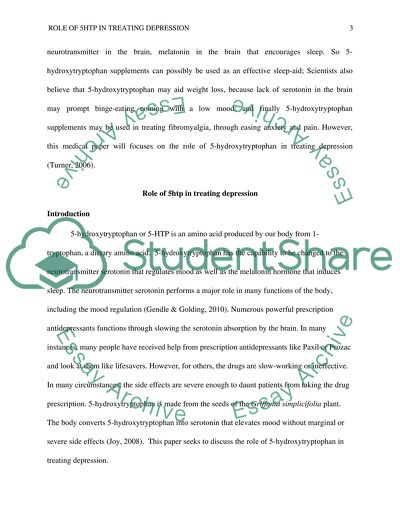Cite this document
(“Role of 5htp in treating depression Research Paper”, n.d.)
Role of 5htp in treating depression Research Paper. Retrieved from https://studentshare.org/health-sciences-medicine/1471989-role-of
Role of 5htp in treating depression Research Paper. Retrieved from https://studentshare.org/health-sciences-medicine/1471989-role-of
(Role of 5htp in Treating Depression Research Paper)
Role of 5htp in Treating Depression Research Paper. https://studentshare.org/health-sciences-medicine/1471989-role-of.
Role of 5htp in Treating Depression Research Paper. https://studentshare.org/health-sciences-medicine/1471989-role-of.
“Role of 5htp in Treating Depression Research Paper”, n.d. https://studentshare.org/health-sciences-medicine/1471989-role-of.


